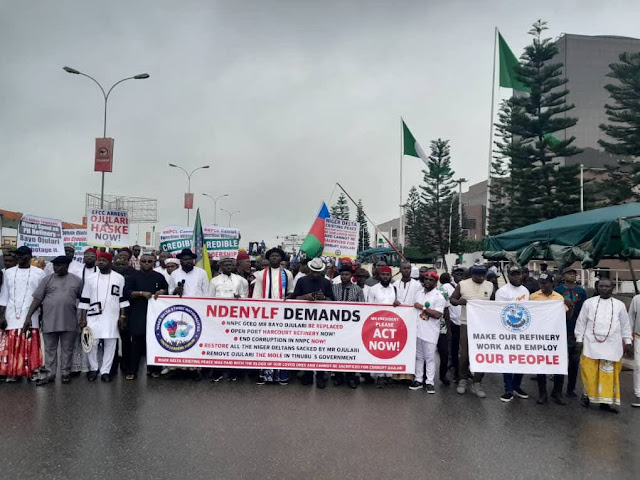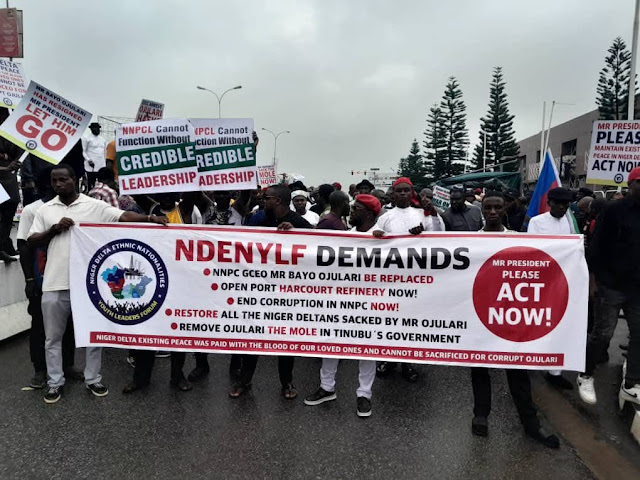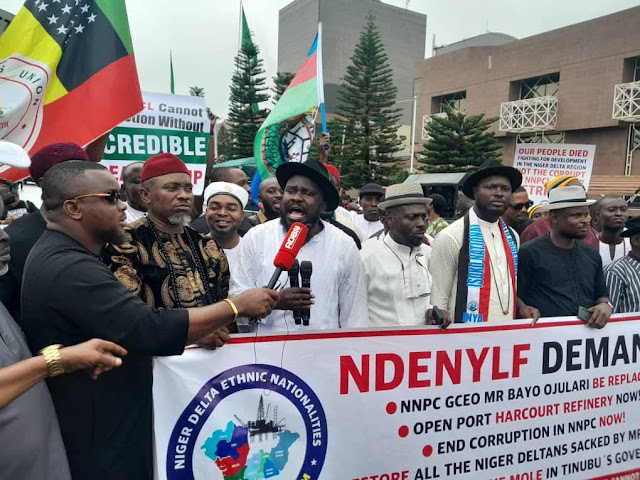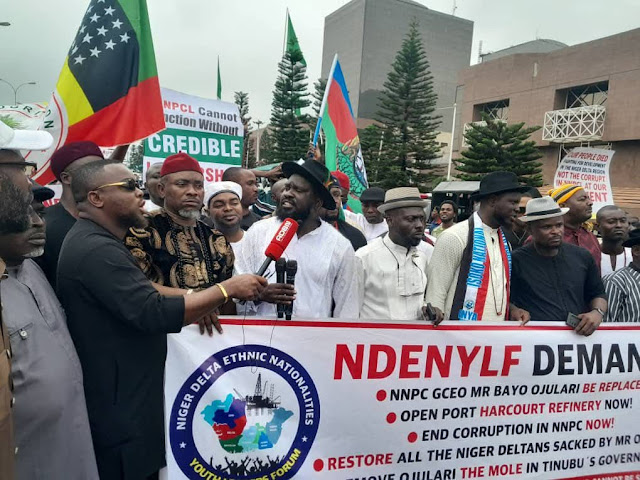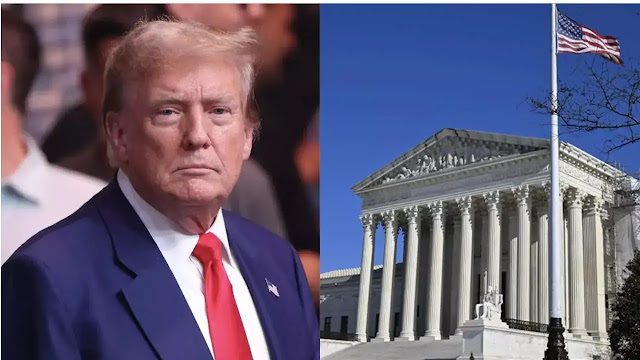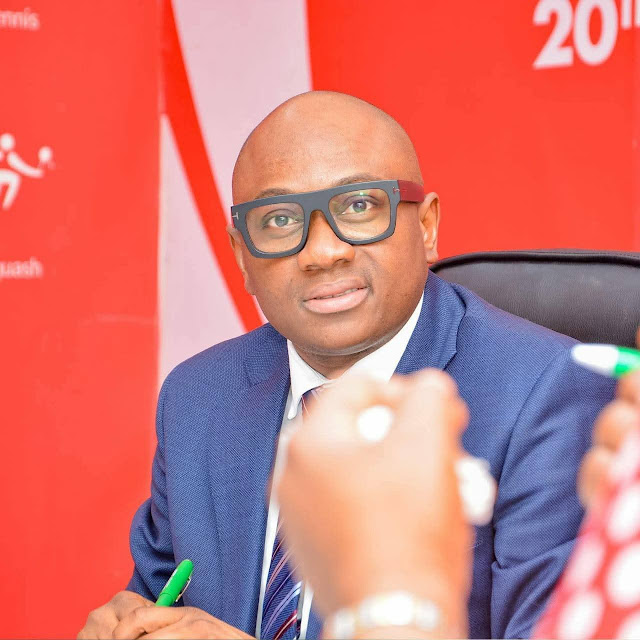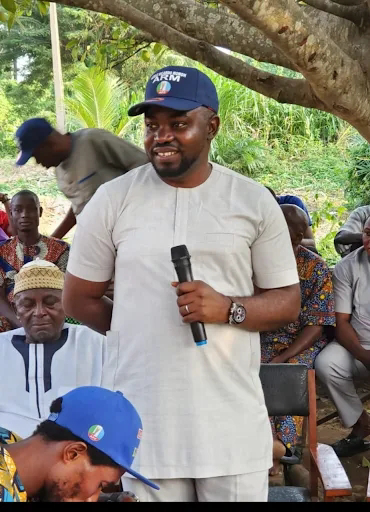On Wednesday, August 27, 2025, a coalition of Niger Delta youth leaders, under the banner of the Niger Delta Ethnic Nationalities Youth Leaders’ Forum, staged a significant protest at the Nigerian National Petroleum Company Limited (NNPCL) Towers in Abuja. The demonstrators, who arrived at the towers as early as 6 a.m., were calling for the immediate removal of NNPCL’s Group Chief Executive Officer, Engr. Bashir Bayo Ojulari, over allegations of corruption, mismanagement, and embezzlement of $21 million. The protest, marked by placards, solidarity songs, and a strong police presence, underscored deep-seated grievances about the treatment of Niger Delta indigenes within the NNPCL and the broader oil and gas sector. The coalition also demanded the appointment of a Niger Delta indigene as the new GCEO, the reinstatement of sacked workers, and the operationalization of key regional refineries. This demonstration, which disrupted traffic in Abuja’s Central Business District, highlights the ongoing tensions between the Niger Delta region and the federal government’s management of its oil resources.
The Protest: A Call for Accountability
The protest began in the early hours of Wednesday, with hundreds of Niger Delta youths converging on the NNPCL Towers, a symbol of Nigeria’s oil wealth and power. The demonstrators, organized by the Niger Delta Ethnic Nationalities Youth Leaders’ Forum, arrived in large numbers, carrying placards with bold inscriptions that reflected their frustration and demands. Some of the placards read: “Ojulari Has Resigned – He Must Vacate Office Now!”, “NNPCL Cannot Function Without Credible Leadership”, “Tinubu Administration Must Not Shield Corruption In NNPCL”, “Mr. President, We Want Economic Empowerment”, and “Make Our Refinery Work And Employ Our People”. These messages encapsulated the protesters’ grievances, which centered on allegations of corruption, mismanagement, and systemic marginalization of Niger Delta indigenes within the NNPCL.
The youths chanted solidarity songs, accompanied by music from loudspeakers mounted on an open truck stationed near the towers. Their presence caused significant disruption, blocking both the entrance and exit gates of the NNPCL headquarters and leading to heavy traffic gridlock along Herbert Macaulay Way in Abuja’s Central Business District. Security operatives, including men of the Nigeria Police Force, were deployed in large numbers to maintain order and ensure the protest remained peaceful. The police diverted traffic to one lane of the dual carriageway, while workers heading to the NNPCL Towers were forced to park at distant locations and walk to their offices.
The protest was a powerful expression of the Niger Delta’s long-standing frustration with the management of Nigeria’s oil industry, which is concentrated in their region. The Niger Delta, despite being the source of Nigeria’s oil wealth, has historically faced environmental degradation, economic marginalization, and social challenges, fueling resentment among its people. The demonstration at the NNPCL Towers was not just a call for the removal of Ojulari but a broader demand for justice, equity, and inclusion in the oil and gas sector.
Allegations Against Bashir Bayo Ojulari
Jonathan Lokpobiri, Chairman of the Niger Delta Ethnic Nationalities Youth Leaders’ Forum, addressed newsmen on behalf of the protesters, delivering a scathing critique of Ojulari’s tenure as GCEO of the NNPCL. Lokpobiri described Ojulari’s leadership as “the worst for Niger Deltans,” alleging that he had systematically marginalized the region’s indigenes through discriminatory employment practices and financial misconduct. According to Lokpobiri, Ojulari sacked Niger Delta workers from the NNPCL and replaced them with his cronies, locking out others by executive fiat. “There is no NNPCL without Niger Delta,” he declared, emphasizing the region’s indispensable role in Nigeria’s oil industry. “As a people, we want our people employed here. We want the businesses in the oil and gas industries. [Bashir Bayo] Ojulari has never felt the pain of oil pollution in his land. No GCEO of NNPCL has punished Niger Deltans like Ojulari has done within the short period of his time.”
Lokpobiri’s allegations extended beyond employment practices to include claims of sabotage and financial impropriety. He accused Ojulari of deliberately undermining the operations of the recently rehabilitated Warri and Port Harcourt Refineries, despite expert assessments that the facilities were capable of functioning optimally. The protesters claimed that Ojulari’s actions were motivated by a desire to sell the refineries at “scrap value” to his associates, thereby depriving the Niger Delta of economic opportunities. “One man woke up one morning and decided that he was going to shut the refineries down so that the small fuel and diesel businesses our parents and siblings use to survive must end,” Lokpobiri said. “Even when those who are operating the refineries have cautioned that the refineries are optimally functioning.”
Perhaps the most explosive allegation was that Ojulari had withheld salaries for oil pipeline surveillance workers in the Niger Delta for several months while diverting $21 million meant for these workers into the private accounts of his associates. “Our brothers who are doing surveillance jobs to secure oil and gas infrastructures in the Niger Delta are being owed salaries of several months,” Lokpobiri stated. “Yet, monies meant for such purposes are transferred to private accounts of Ojulari’s associates and friends to the tune of 21 million dollars.” These claims, if substantiated, would represent a significant breach of trust and a direct assault on the economic well-being of Niger Delta communities, which rely on such jobs for their livelihoods.
Demand for Niger Delta Representation
A central demand of the protesters was the appointment of a Niger Delta indigene as the GCEO of the NNPCL. The coalition argued that the region, which produces the bulk of Nigeria’s crude oil, deserves to have its people in leadership positions within the oil industry. “Every Niger Delta son has the right to work anywhere in this country. And also has the right to be leaders in this organisation,” Lokpobiri asserted. The call for regional representation reflects a broader sentiment that the Niger Delta has been systematically excluded from the benefits of its oil wealth, with leadership positions often occupied by individuals from other parts of the country.
The protesters also demanded the reinstatement of Niger Delta indigenes who were allegedly sacked by Ojulari. Lokpobiri claimed that Niger Deltans constitute only 5% of the NNPCL’s workforce, a figure he described as grossly disproportionate given the region’s contribution to Nigeria’s economy. “Our brothers and sisters who only form 5 per cent of the NNPCL are being punished for being from the Niger Delta,” he said. “We cannot allow that to happen. Those of our brothers sacked by Ojulari must be reinstated.” The demand for reinstatement is not just about restoring jobs but about addressing a perceived injustice that has deepened the sense of marginalization among Niger Delta communities.
The protesters’ call for the operationalization of the Warri and Port Harcourt Refineries is equally significant. These refineries, recently rehabilitated, have the potential to create jobs, reduce Nigeria’s dependence on imported fuel, and stimulate economic activity in the Niger Delta. However, their failure to operate at full capacity has fueled suspicions of deliberate sabotage, as alleged by the protesters. By demanding that the refineries “must work now,” the youths are asserting their right to economic empowerment and the benefits of the region’s natural resources.
Security and Dialogue
The presence of security operatives ensured that the protest remained peaceful, despite its disruptive impact on traffic and operations at the NNPCL Towers. The Nigeria Police Force, deployed in large numbers, maintained decorum and diverted traffic to mitigate congestion. This allowed the protesters to express their grievances without escalating into violence, a testament to the disciplined approach of both the demonstrators and the security forces.
Following an appeal by a representative of the Minister of State for Petroleum (Oil), Mr. Heineken Lokpobiri, the protesters agreed to meet with NNPCL officials to discuss their demands. The leaders of the protest promised to brief the public on the outcome of the meeting, signaling a willingness to engage in dialogue while maintaining pressure on the authorities. This development suggests a potential pathway for resolving the grievances, provided that the NNPCL and the federal government address the protesters’ concerns transparently and effectively.
Broader Context: The Niger Delta’s Struggle
The protest at the NNPCL Towers is part of a long history of activism in the Niger Delta, where communities have consistently demanded greater control over their resources and fair treatment from the federal government and oil companies. The region, which accounts for the majority of Nigeria’s oil production, has endured decades of environmental degradation, poverty, and underdevelopment, despite its critical role in the nation’s economy. Oil spills, gas flaring, and other forms of pollution have devastated local ecosystems, affecting agriculture, fishing, and public health. Meanwhile, the economic benefits of oil production have largely bypassed the region’s residents, fueling resentment and unrest.
The allegations against Ojulari, whether substantiated or not, tap into these deep-seated frustrations. The claim that he has marginalized Niger Delta workers and withheld salaries for pipeline surveillance workers resonates with a broader narrative of exclusion and exploitation. The demand for a Niger Delta indigene as GCEO reflects a desire for representation and accountability, ensuring that those who lead the NNPCL understand the region’s unique challenges and priorities. Similarly, the call for operational refineries addresses the economic aspirations of communities that have been denied the benefits of their natural resources.
Counter-Narratives and Support for Ojulari
While the protesters painted a damning picture of Ojulari’s leadership, there are counter-narratives that highlight his achievements as GCEO. Some reports indicate that under Ojulari’s tenure, the NNPCL has made significant progress in combating oil theft and improving pipeline security, with crude oil pipeline availability reaching nearly 100%.. These efforts have contributed to Nigeria achieving close to its OPEC quota allocation, a milestone not reached in decades.. Supporters, such as the Niger Delta Development Agenda (NDDA), have dismissed the allegations against Ojulari as “spurious and politically motivated,” arguing that his leadership has been marked by transparency and a commitment to transforming the oil and gas sector..
The Nigeria First Initiative (NFI), a non-governmental organization, has also suggested that the protest is part of a broader plot to undermine President Bola Tinubu’s administration.. The NFI argued that the timing of the protest, coinciding with Nigeria’s progress in oil production and Tinubu’s international engagements, was designed to discredit the administration’s achievements. These counter-narratives highlight the polarized nature of the discourse surrounding Ojulari’s leadership, with supporters viewing him as a reformer and detractors accusing him of corruption and bias.
Implications for the Niger Delta and Nigeria
The protest at the NNPCL Towers has significant implications for both the Niger Delta and Nigeria as a whole. For the Niger Delta, it underscores the urgent need for inclusive policies that address the region’s economic and social challenges. The allegations of marginalization and financial misconduct, if true, could further erode trust in the NNPCL and the federal government, potentially fueling unrest in an already volatile region. Addressing these grievances will require transparent investigations, accountability measures, and concrete steps to ensure that Niger Delta indigenes are fairly represented in the oil industry.
Nationally, the protest highlights the challenges of managing Nigeria’s oil sector, which remains a critical driver of the economy but also a source of conflict and controversy. The allegations of embezzlement and mismanagement raise questions about governance and transparency within the NNPCL, an institution that has long been criticized for inefficiencies and corruption. The federal government’s response to the protest will be closely watched, as it could set a precedent for how similar grievances are addressed in the future.
The demand for operational refineries also has broader implications for Nigeria’s energy security. The Warri and Port Harcourt Refineries, if fully functional, could reduce the country’s reliance on imported fuel, create jobs, and stimulate economic growth in the Niger Delta. However, achieving this goal will require significant investment, technical expertise, and political will to overcome the challenges that have historically plagued Nigeria’s refining capacity.
A Call for Dialogue and Reform
The decision to meet with NNPCL officials, facilitated by the Minister of State for Petroleum, offers a glimmer of hope for resolving the protesters’ grievances through dialogue. However, the success of these discussions will depend on the willingness of the NNPCL and the federal government to address the core issues raised by the protesters, including employment practices, refinery operations, and financial transparency. The protesters’ promise to brief the public on the outcome of the meeting suggests that they will maintain pressure until their demands are met, indicating that this is not a one-off event but part of an ongoing campaign for justice and equity.
The protest also serves as a reminder of the broader challenges facing the Niger Delta, including environmental degradation, unemployment, and poverty. While the immediate focus is on Ojulari’s leadership, the underlying issues require systemic reforms that go beyond the NNPCL. These include investments in environmental restoration, job creation programs, and policies that ensure equitable distribution of oil revenue. The federal government, in collaboration with state governments and community stakeholders, must prioritize these reforms to address the root causes of unrest in the Niger Delta.
The Role of Leadership and Representation
The demand for a Niger Delta indigene as GCEO raises important questions about representation and leadership in Nigeria’s oil industry. The protesters argue that someone from the region would better understand the challenges of oil pollution, economic marginalization, and social unrest, and would therefore be more likely to prioritize the needs of Niger Delta communities. This perspective reflects a broader debate about regional representation in Nigeria’s governance structures, where certain regions often feel excluded from decision-making processes that directly affect them.
However, the appointment of a new GCEO must be balanced with considerations of competence, integrity, and the ability to manage a complex organization like the NNPCL. While regional representation is important, it should not come at the expense of meritocracy. The federal government must navigate this delicate balance, ensuring that leadership appointments are both inclusive and capable of delivering results for the entire country.
Conclusion
The protest by Niger Delta youths at the NNPCL Towers on August 27, 2025, was a powerful expression of frustration with the leadership of Engr. Bashir Bayo Ojulari and the broader management of Nigeria’s oil industry. The allegations of corruption, mismanagement, and marginalization, including the claimed embezzlement of $21 million, have struck a chord with communities in the Niger Delta, who feel that their contributions to Nigeria’s economy have not been matched by equitable treatment. The demands for Ojulari’s removal, the reinstatement of sacked workers, and the operationalization of refineries reflect a broader call for justice, inclusion, and economic empowerment.
While counter-narratives highlight Ojulari’s achievements in improving oil production and pipeline security, the protesters’ grievances cannot be dismissed lightly. The federal government and the NNPCL must engage in transparent dialogue, investigate the allegations, and take concrete steps to address the concerns raised by the Niger Delta youths. The protest underscores the need for systemic reforms in the oil industry, including greater representation for Niger Delta indigenes, investments in refineries, and policies that prioritize the welfare of local communities.
As Nigeria navigates the complex dynamics of its oil sector, the events at the NNPCL Towers serve as a reminder of the importance of accountability, equity, and collaboration in building a more inclusive and prosperous nation. The outcome of the ongoing dialogue between the protesters and NNPCL officials will be critical in determining whether these grievances can be resolved peacefully and constructively, paving the way for a brighter future for the Niger Delta and Nigeria as a whole.


